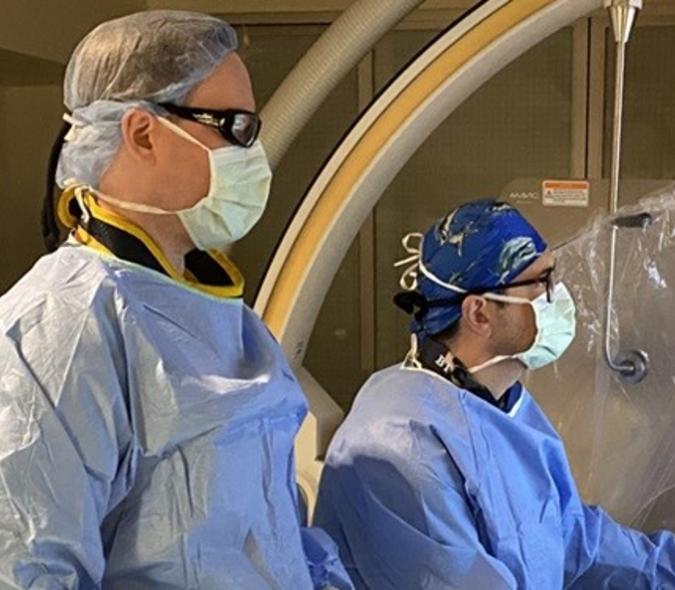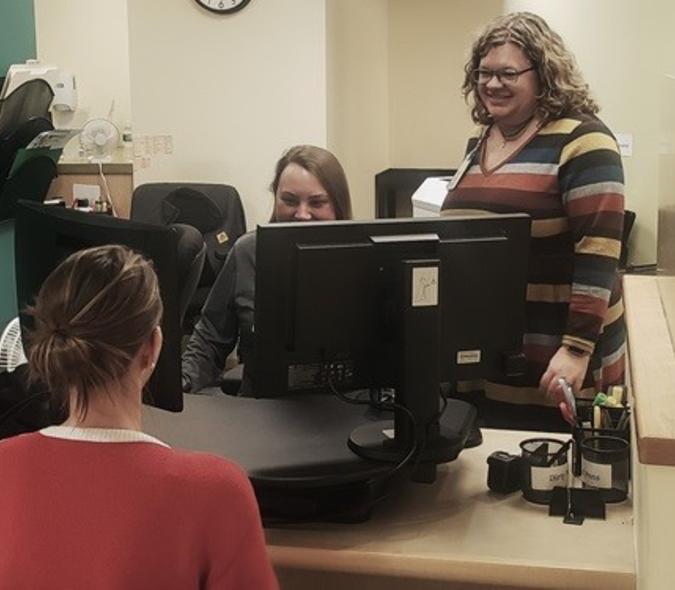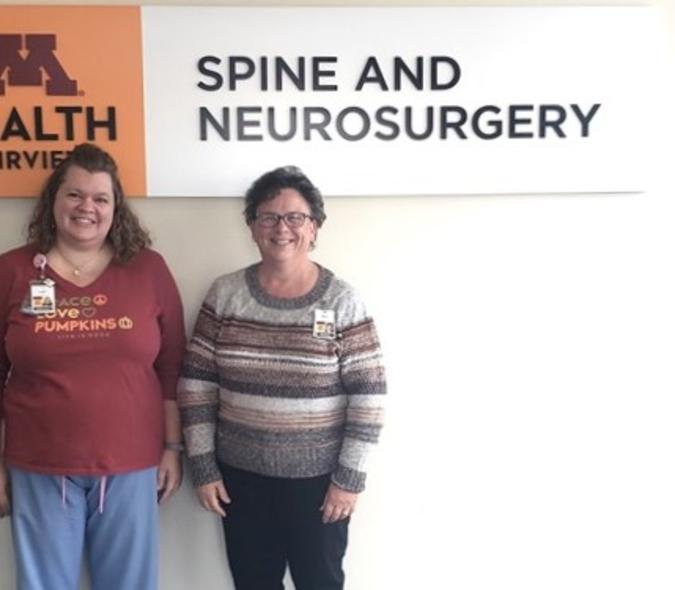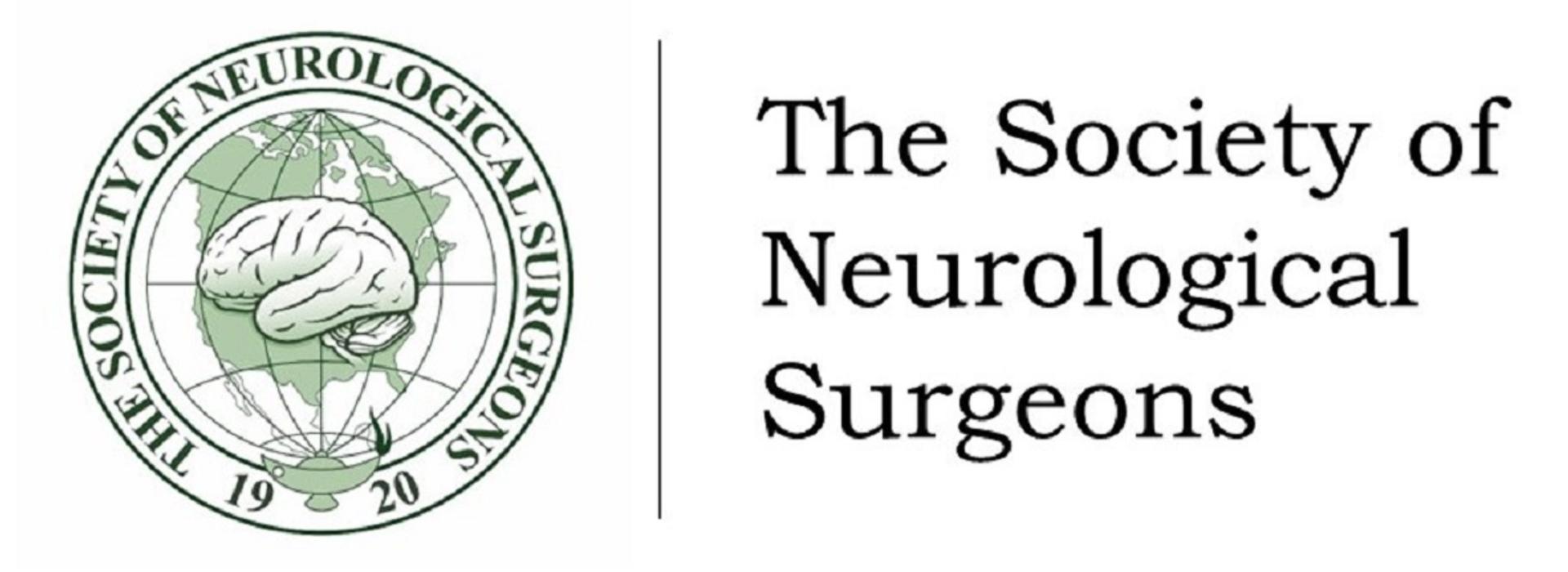
Faculty member elected to influential neurosurgical organization
Department of Neurosurgery Associate Professor and Residency Program Director Michael C. Park, MD, PhD, was recently notified that he had been accepted into the Society of Neurological Surgeons (SNS). Otherwise known as “the Senior Society,” SNS was created in 1920 by the father of neurosurgery, Harvey Cushing, MD, making it the oldest neurosurgical professional society in the world.
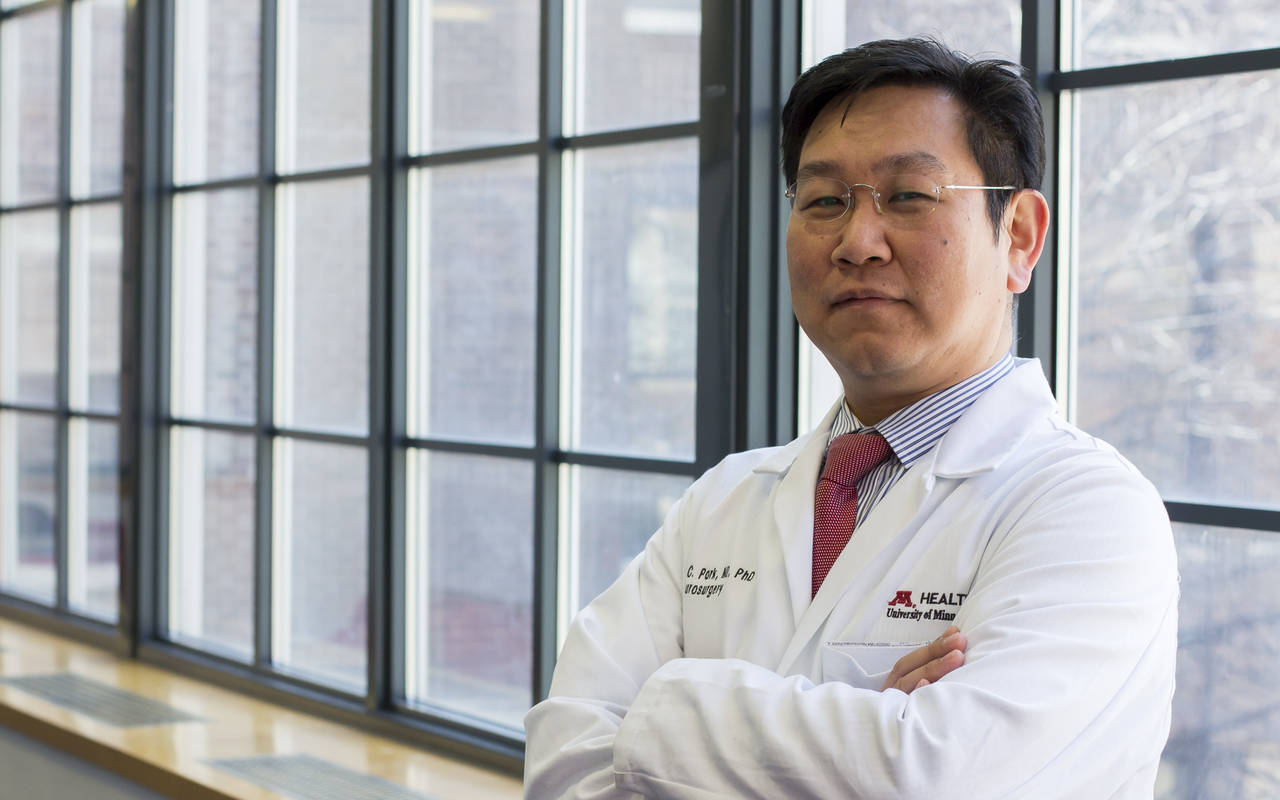
Today, the Society comprises U.S. academic department chairs, residency program directors, and other educational leaders; serves as the representative body for neurosurgery to the Accreditation Council for Graduate Medical Education (ACGME); and sponsors the Association of Residency Administrators in Neurological Surgery. Its membership is limited to 220 active members. Park (pictured here) was nominated for membership by Department Chair Clark C. Chen, MD, PhD. “There are criteria you must meet, and you must have support from existing members,” said Park.
Society's mission
According to its website, the Society’s mission is to advance the quality of care of neurosurgical patients by promoting excellence in education and research and overseeing the continuing development of the field of neurological surgery, including graduate and post-graduate education. As the program directors’ society for neurological surgery, the SNS plays a pivotal role in determining the content and format of residency and fellowship education with regards to curriculum requirements and program design.
This was a group that Park felt he needed to join. “It helps us keep our residency program connected to the overall specialty, so we don’t fall behind,” he said. “I’m happy and honored to be nominated and elected. It’s a big deal going to the meetings with the other department chairs and program directors. It gives me the information I need for our program. It also helps me promote our program.”
Eye-opening experience
Attending an SNS meeting a few years ago was an eye-opening experience for Park. “I learned about what typical programs should be doing, and what programs can do about difficult issues – things you can’t really pick up as a program director,” he said. The group was even more helpful when Park replaced the former residency program director. “It was a very important resource, both for me and for our new residency coordinator Claire Olesen,” he said. “There is a parallel meeting for those in her position.”
Society of Neurological Surgeons’ meetings give Park an opportunity to exchange ideas with different programs and learn about how they do things. “You get access to the ACGME Neurosurgery Review Committee, which makes decisions about requests from the different programs,” said Park. “They also oversee your program’s performance. It gets you into the small group of people who make decisions about the future of these programs.
Park is now part of the SNS Medical Student Education Committee. “We focus on entering residents or medical students interested in applying for residency,” he explained. “COVID and recent changes in how the United States Medical Licensing Examination tests are being administered impacted our subspecialty. That led to recommendations about having virtual versus in-person interviews, how letters of recommendation are written, and changes in our policy related to rotations and what the medical students can do.”
Enabling prospects to signal programs
More recently, Park’s committee is grappling with how resident-applicants can signal programs in which they’re interested. “Medical students apply to 30-plus programs for open spots,” he said. “That makes it difficult to see which students are really interested in your program. Signaling enables the applicants to list up to five programs they’re very interested in. When you get signaled, it helps you understand which students want to be in your program.”
SNS meetings are hosted by different member organizations each year. “One of Dr. Chen’s goals is to have us host a future meeting, which would give us an opportunity to showcase our program,” said Park. “For us, it’s the equivalent of trying to host the Olympics.”
More information about the Society of Neurological Surgeons.
